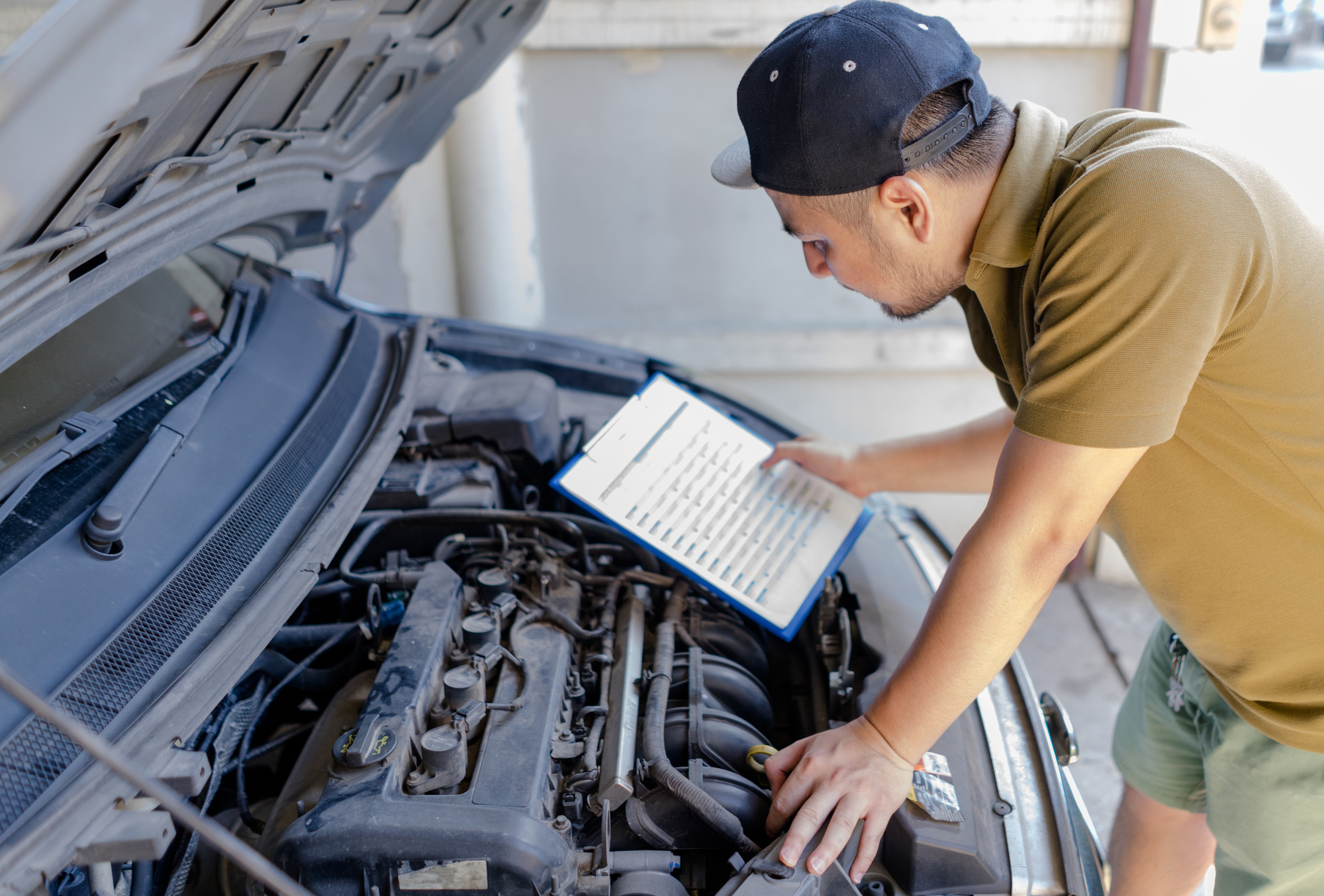
Owning a car is quite a freedom. You can go many places, and you can get to things when you need to. Owning a car can also be a burden, too. Your vehicle can leave you stranded at the most inopportune time by breaking down. Read on for some tips that can help you deal with this type of situation.
Ask your mechanic is he is familiar with working on your car. If they have worked on the same type vehicle you have, they will know which areas to check first on your car.
A good referral makes it much easier to locate a trustworthy mechanic. Ask friends, family or co-workers for recommendations. You can find out about the quality of service and the costs. People will let you know what kind of things they had to deal with and if the person was honest.
Be careful that your mechanic does not attempt to perform unneeded repairs. All reputable mechanics will notify you before doing any repairs and will inform you of any parts that could require repairs in the immediate future. If a mechanic did an unnecessary repair on your car, don’t take it there again.
Remember that getting OEM parts is important. OEM parts means that part was produced by the manufacturer specifically for your make and model of vehicle. While generics are much cheaper, they are not held to the same quality standards. They may initially be a deal, but the generic parts may make you pay more in the long run.
Keep a spare tire and jack handy at all times. Most new cars come with them. You don’t need to be stuck somewhere you don’t know and need to pay a lot for towing. It’s cheaper and easier to do it by yourself.
It is a good idea to keep a small set of tools in the back of your car for minor repairs on the road. You need to include a complete tire changing kit. Buy a jack if your car does not already have one equipped. Also have a few tools like a socket set, both a regular and Phillips head screwdriver, a crescent wrench and a torque wrench. Don’t get cheap tools. Invest in quality tools that will not break as you perform repairs on your vehicle.
Ask people you know about experiences they have had with repairing their cars. Personal recommendations are usually honest and forthright. That said, check up on who they refer as well. Online reviews can give you a quick overview of anyone that you have in mind.
Always keep a clear and easy path to your key on the keychain. It is advised that you remove any and all fluffy keychains from the ring. The ignition isn’t designed to hold tons of weight. It doesn’t matter if it doesn’t appear heavy to you. When the key begins to stick in position, you have to replace all of the tumblers or endure more serious damage.
When you take your car in for repair, verify their hourly rate and total cost of repair before you hand over your keys. Fees can be hidden and need to be detailed. You have a right to know how much a repair will cost and what it will consist of. Some shops provide repair time estimates established by manufacturers. A lot of repairs that seem to be easy to fix could end up taking a whole day in some cases.
Warning Lights
Know what your dashboard warning lights mean, and keep an eye on them. These warning lights are meant to help alert you to potential problems. Whatever problem they are indicating will only get worse the longer you ignore it.
Doing repairs on your own can be hazardous. Should something happen, be sure someone else is around. Buy good quality tools that will not break easily. In particular, only use the best equipment for changing tires. The jack must hold the vehicle securely and safely. Do you really want to get under your car with a poorly made or faulty jack? Approved jack stands, working in conjunction with a high quality hydraulic floor jack, are the best tools for tire changes.
Before you go to a mechanic, become educated on the classification of standard car parts. Parts have classifications, including salvaged, new, and re-manufactured and reconditioned. New means that the parts were made to meet the standard manufacturer specifications by an independent retailer or the dealer themselves. Used parts that have been made good as new are classified as reconditioned. They may also carry a tag as “rebuilt,” or even “re-manufactured.” “Salvage” means that the parts are used and lack alteration.
Don’t try and figure out what is wrong with your car by yourself. Don’t forget, you’re not the expert! Vehicle repairs can be complicated. Let the auto shop diagnose it. Tell them what you’ve observed, and then let them do their job.
It is important to check your warranty when you are having your car repaired, especially if you need very expensive parts. When the mechanic orders the parts, ask him about their warranty. Ask for the duration of the warranty and have them print you out a copy of the contract/
Test Drive
Bleed your brakes before you take your car on a test drive. After this, pump the fluid in the brakes. Leaks should be tested for so that your fluid isn’t going to run out. You can then get ready to take a test drive in an area with little to no traffic. Start slow to ensure nothing is wrong.
Not all auto repairs will cost large sums of money. A lot of the time you will be able to fix a problem by yourself. Use all of these tips to help you with those types of repairs.